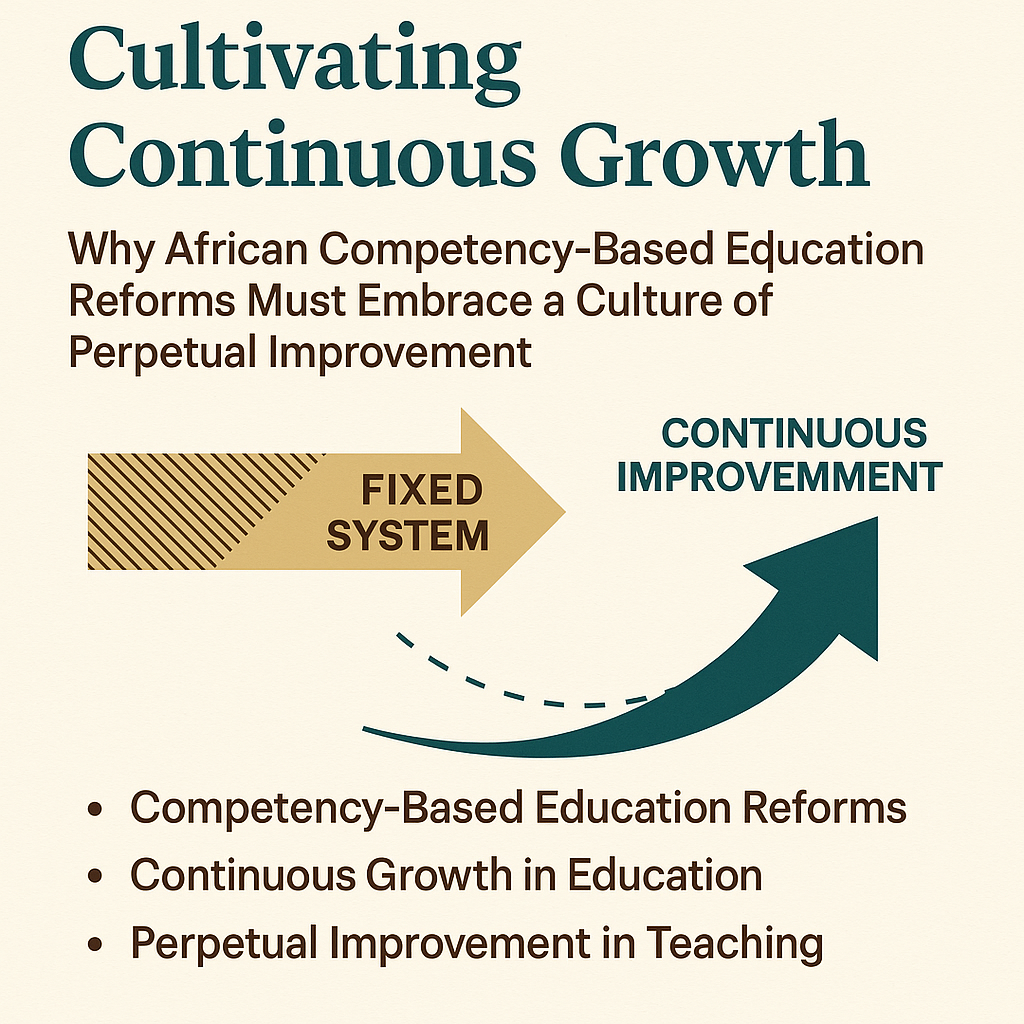
Teacher retention is a critical issue in education systems worldwide. High turnover rates not only disrupt student learning but also place a strain on school resources and morale. Building resilience among teachers is essential to reducing burnout and improving retention rates. Here are some strategies to foster resilience and support teachers effectively:
1. Professional Development and Continuous Learning
Ongoing professional development is crucial in helping teachers stay engaged and effective. Offering opportunities for continuous learning allows teachers to keep up with educational trends, acquire new skills, and improve their teaching methods. Workshops, seminars, and online courses tailored to the specific needs of teachers can be highly beneficial. Moreover, creating a culture of lifelong learning within the school community encourages teachers to pursue personal and professional growth.
2. Supportive Work Environment
A positive and supportive work environment significantly impacts teacher satisfaction and resilience. Schools should strive to create a collaborative and inclusive culture where teachers feel valued and supported. This includes fostering open communication, providing adequate resources, and encouraging teamwork. Mentorship programs where experienced teachers guide and support new teachers can also help build a strong support network.
3. Work-Life Balance
Maintaining a healthy work-life balance is essential for preventing burnout. Schools can support teachers by offering flexible working hours, reducing excessive administrative tasks, and promoting a culture that respects personal time. Encouraging teachers to take regular breaks, vacations, and engage in activities outside of work can help them recharge and maintain their well-being.
4. Mental Health and Well-being Programs
Investing in mental health and well-being programs for teachers can have a profound impact on their resilience. Providing access to counseling services, stress management workshops, and wellness activities can help teachers cope with the challenges of their profession. Schools should also create an environment where mental health is openly discussed and supported, reducing the stigma associated with seeking help.
5. Recognition and Rewards
Recognizing and rewarding teachers for their hard work and achievements is essential for boosting morale and motivation. Schools can implement various recognition programs, such as Teacher of the Month awards, public acknowledgments, and incentives for outstanding performance. Celebrating successes and milestones helps teachers feel appreciated and valued, reinforcing their commitment to the profession.
6. Teacher Autonomy and Empowerment
Giving teachers autonomy in their classrooms and involving them in decision-making processes can enhance their sense of ownership and satisfaction. Empowered teachers are more likely to be innovative, motivated, and committed to their roles. Schools should encourage teachers to share their ideas, participate in school planning, and take on leadership roles within the educational community.
7. Building Strong Relationships
Strong relationships with colleagues, students, and parents can provide emotional support and a sense of belonging. Schools should facilitate opportunities for teachers to build meaningful connections through team-building activities, social events, and collaborative projects. A strong school community where teachers feel connected and supported can significantly enhance their resilience.
8. Addressing Workload and Administrative Burden
Reducing the workload and administrative burden on teachers is crucial for preventing burnout. Schools should streamline administrative processes, utilize technology to automate routine tasks, and delegate non-teaching responsibilities whenever possible. Allowing teachers to focus more on teaching and less on paperwork can improve their job satisfaction and effectiveness.
9. Providing Adequate Resources and Facilities
Ensuring that teachers have access to adequate resources and well-equipped facilities is fundamental to their success and well-being. Schools should invest in modern teaching aids, technology, and comfortable classroom environments. Adequate resources enable teachers to deliver high-quality education and feel supported in their roles.
Conclusion
Building resilience among teachers is a multifaceted approach that requires commitment from all stakeholders in the education system. By implementing these strategies, schools can create an environment where teachers feel supported, valued, and empowered. Ultimately, fostering resilience not only improves teacher retention rates but also enhances the overall quality of education, benefiting both teachers and students.


